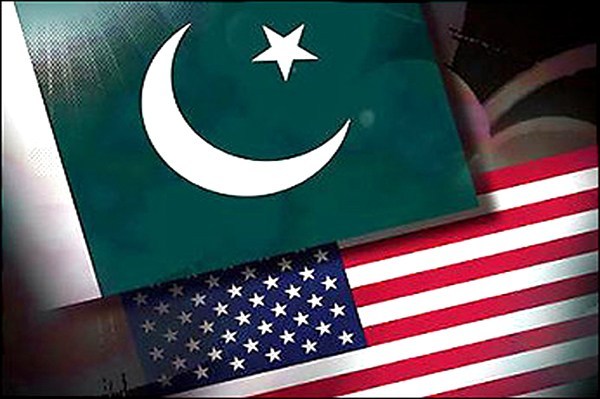ISLAMABAD: The National Assembly Standing Committee on Commerce on Monday received an in-camera briefing from the Ministry of Commerce on the Pakistan–US Tariff Agreement, a matter that has so far been kept largely confidential, raising concerns among stakeholders about the lack of transparency.
The committee meeting, chaired by MNA Muhammad Jawed Hanif Khan, also took up issues relating to the establishment of district chambers of commerce and the government’s motor vehicle import policy.
On the matter of chambers of commerce, members reviewed the legal framework governing their formation, including the introduction of women’s chambers through amendments in 2006 and 2009, and provisions under the Companies Act, 2013. Lawmakers observed that excessive centralization of representation within the Karachi Chamber of Commerce and Industry (KCCI) has created difficulties for the business community, forcing entrepreneurs to travel long distances to access services.
With more than 350,000 registered businesses in Karachi, members stressed that establishing district-level chambers would decentralize services, improve business facilitation, and help expand the tax base. Lawmakers across party lines supported the idea, while also agreeing that KCCI must be given the chance to present its position. The Chairman directed the Director General of Trade Organizations (DGTO) to invite KCCI representatives to the next session, emphasizing that while the committee supports district chambers in principle, a final decision will be taken after hearing all stakeholders. Representatives of chambers that have applied for licenses were also present and shared their concerns.
The committee also discussed the motor vehicle import policy. Representatives of the import sector argued that the Engineering Development Board (EDB), whose mandate primarily relates to manufacturing, should not be responsible for licensing commercial imports—a task they said should rest with the Ministry of Commerce.
While members underscored the need to ensure fair competition between new and used cars, they also cautioned that liberalizing commercial imports could strain foreign exchange reserves and undermine local industry. The Commerce Secretary briefed the committee on proposed policy measures, including restrictions on the age of imported vehicles, tariff structures, environmental standards, and consolidation of existing import schemes.
After deliberations, the committee referred the matter to the Ministry of Industries for a detailed review, particularly on the implications of electric vehicle imports, and directed the ministry to present its recommendations in the next meeting.
Chairman Hanif reiterated that the committee was committed to framing business facilitation and industrial policies on the principles of merit, transparency, and national interest. He stressed that the issues under review were of national significance and would be pursued until equitable and practical solutions were achieved.
The meeting was attended by MNAs Muhammad Mobeen Arif, Usama Ahmed Mela, Shaista Pervaiz, Dr. Mirza Ikhtiar Baig, Muhammad Atif, Tahira Aurangzeb, Khurshid Ahmed Junejo, Gul Asghar Khan, and Farhan Chishti. MNAs Ramesh Kumar Vankwani, Asad Alam Niazi, Rana Atif, and Muhammad Ali Sarfaraz joined along with senior officials from the Ministry of Commerce, Trade Organizations, and FBR.




